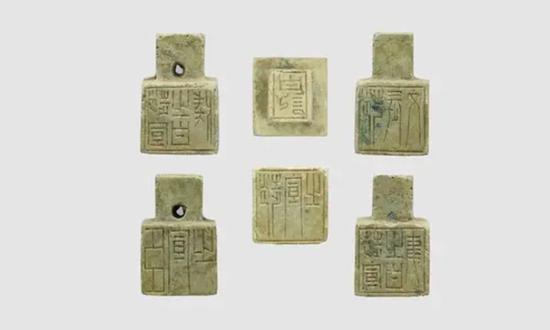
(Photo/Courtesy of Zhenjiang cultural relics and archaeology institute)
A noble tomb dating back to the Six Dynasties period (222-589) has been found in Zhenjiang, East China's Jiangsu Province, according to the city's cultural relics and archaeology institute.
The tomb owner was Zhao Xuanzhi, the uncle of the founder of the Southern Song Dynasty (420-479) Liu Yu. This confirmation was made after archaeologists discovered a bronze seal within Tomb No. 6 that bears Zhao's name.
"The bronze seal found in Tomb No.6 has been confirmed as Zhao Xuanzhi's personal seal. The age of the tomb is consistent with historical records," said Li Xidong, a deputy director of the institute.
Twenty funerary objects, mostly distributed near the altar at the front of the tomb chamber, were also unearthed from Tomb No.6. "This discovery provides crucial evidence for the study of the evolution of burial systems, funeral concepts and ethnic migrations during the Six Dynasties period," said an expert.
Tomb No.6 is one of the 13 graves discovered during local archaeological excavations, of which seven are brick chamber noble tombs from Eastern Jin (317-420) to the Southern Dynasties period, while six others are pit tombs for civilians from the Ming and Qing dynasties (1368-1911).
The tombs were arranged in an orderly manner in a northwest-southeast direction. Among them, Tomb No.5 and No.6 are well-preserved brick chamber tombs shaped like a dagger, while Tomb No.9 and No.12 are larger in size and have higher specifications. While tomb No.9 was not in the best condition, more than 30 exquisite burial items, including soapstone pigs, were unearthed.
Archaeologists said most of the tombs found in the cemetery from the Six Dynasties period belong to the Eastern Jin Dynasty, which provides evidence to the population migration at the time and clues and material data for the study of ethnic migration in Chinese history.
























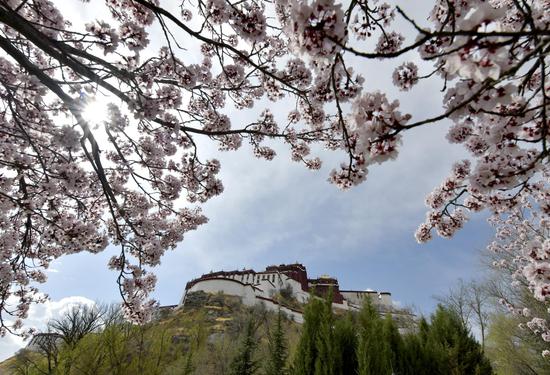




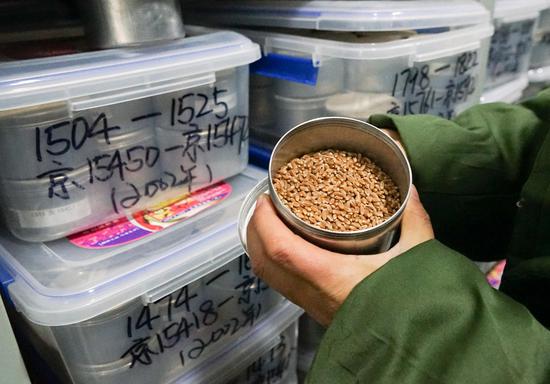
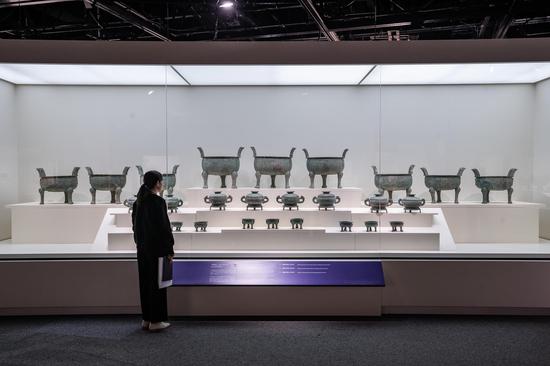

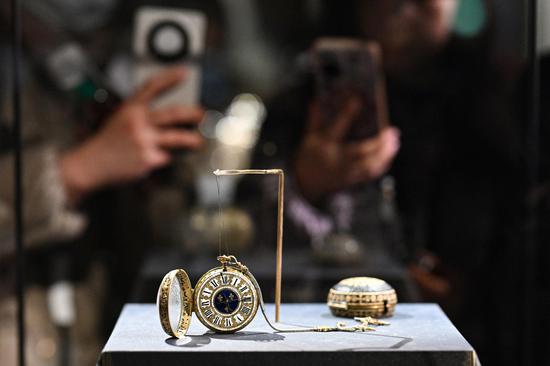

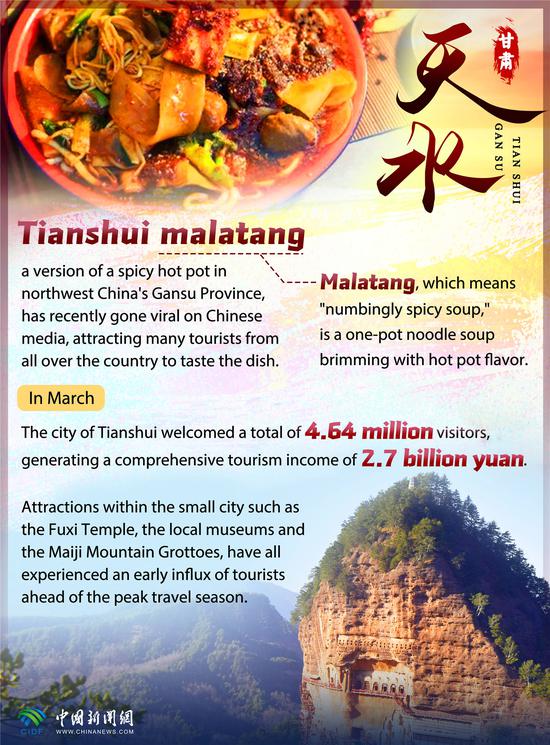


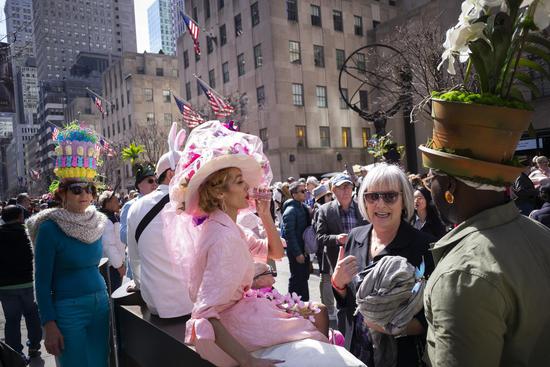


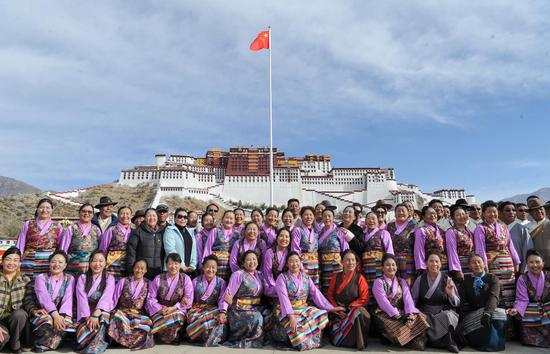
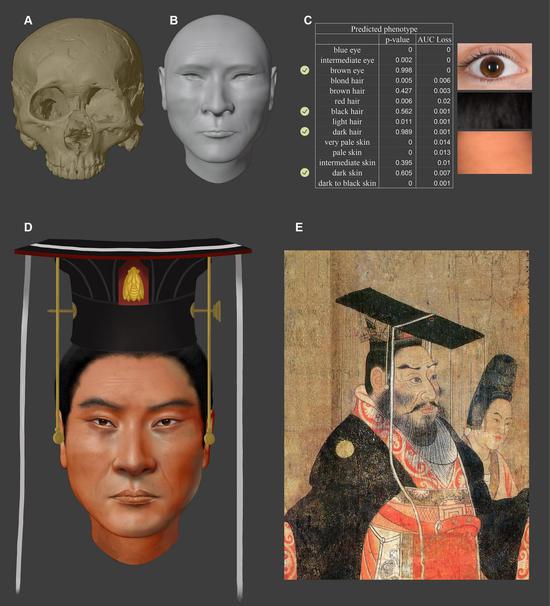








 京公网安备 11010202009201号
京公网安备 11010202009201号